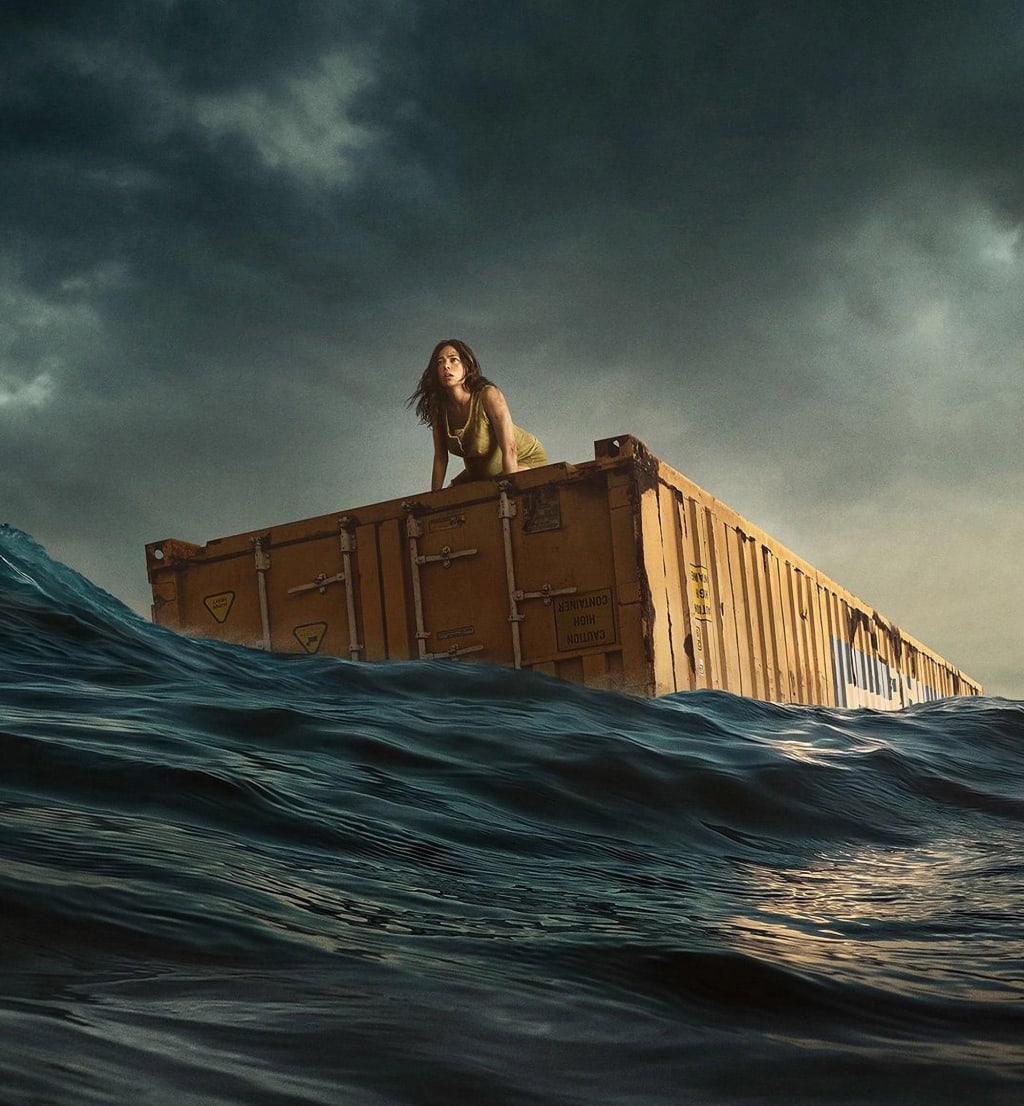
In a not-really far off tragic future, the once-lively country of Spain has spiraled into the profundities of tyranny and confusion. Its administration, wrestling with a devastating absence of assets and an uncontrolled populace, has turned to extreme measures. Their arrangement is chillingly determined: the destruction of youngsters, pregnant ladies, and the old to recover control and secure a future for the waning populace.
This dismal reality makes way for the hero, Mia, a youthful pregnant lady who thinks of herself as caught in a horrible world. Her process is one of urgency, assurance, and the dauntless soul of a mother's adoration. Isolated from her better half in the strife of the country's plunge into fascism, Mia sticks to a bit of trust and sets out on a misleading odyssey towards the commitment of security, found a large number of nautical miles away in Ireland.
Mia's getaway plan, brought into the world of need and filled by maternal intuition, depends on a dangerous ruse: concealing inside an oceanic freight holder on board a monstrous freight transport. As the boat pushes off, heading out towards a dubious future, the crowd is quickly pushed into a universe of pressure and vulnerability. Mia's life is inseparably connected to the musical beating of the boat's motors, and her unborn youngster's destiny appears to be attached to the recurring pattern of the unforgiving ocean.
The sea holder turns into her asylum and her jail, and the persistent excursion she embraces is laden with risk every step of the way. It is during this turbulent journey that the film presents its most remarkable analogy: the rough tempest that immerses the freight transport. The tempest isn't only an actual sign of nature's wrath yet in addition an emblematic portrayal of the tempests of life that Mia should explore. At the breaking point of this frenzy, Mia starts giving birth.
The introduction of her youngster in the midst of the mayhem and risk of the tempest is a critical second in the film, a demonstration of the versatility of the human soul and the furious love of a mother for her kid. It is a scene accused of feeling, as Mia defies a definitive test: bringing new life into a world that appears still up in the air to douse it.
With the tempest dying down, Mia and her infant end up in a tricky circumstance. Untied in the immensity of the vast ocean, they are absolutely alone, powerless, and with practically no quick method for salvage. The world they knew has blurred into the distance, supplanted by the ceaseless spread of water that stretches toward each path. At this time Mia's battle for endurance really starts.
The film carefully depicts the physical and close to home cost of their detachment. It digs into the crude truth of endurance, as Mia should apportion what restricted supplies she has and wrestle with the brutal real factors of openness, parchedness, and weariness. The connection among mother and kid extends as they face the steady difficulties of their problem together.
As Mia fights the components, her own apprehensions, and the consistently present danger of the abusive government's representatives, the film's pressure keeps on mounting. The crowd is brought into Mia's reality, feeling each ache of yearning, each drop of downpour, and each frantic snapshot of vulnerability. It's a demonstration of the film's vivid narrating that the watcher isn't simply a uninvolved spectator yet a functioning member in Mia's battle.
The public authority's arrangement to kill kids, pregnant ladies, and the older fills in as an eerie background to Mia's difficulty. The film doesn't avoid the moral and moral inquiries raised by this chilling approach. It powers the crowd to defy the results of a general public that has lost its empathy and humankind chasing endurance.
All through her excursion, Mia's personality goes through a significant change. She develops from a terrified and weak young lady into a savage and ingenious mother. Her assurance to safeguard her kid no matter what turns into a main impetus, an encouraging sign in the haziest of times.
Mia's strength and resourcefulness are tried as far as possible as she devises shoddy answers for the difficulties they face. She designs a simple sanctuary from the freight holder, utilizing its restricted items to make a place of refuge for her kid. She searches for pitiful supplies, rummaging each piece of food and drop of water she can find.
The film investigates Mia's inward excursion too, digging into the profundities of her feelings as she wrestles with the staggering liability of parenthood in a world that appears to have gotten lost. Her affection for her kid turns into a help, a wellspring of solidarity that supports her through the most obscure of evenings and the cruelest of days.
As days transform into weeks and the vast ocean extends on apparently endlessly, Mia's strength is put to a definitive test. The film's pacing mirrors the constant entry of time, drawing the crowd further into Mia's disconnection and urgency. Every day is a fight for endurance, a demonstration of the dauntless human soul's ability to persevere.
All through the film, Mia's personality is rejuvenated through a strong and nuanced execution by the lead entertainer. Her depiction catches the full scope of feelings, from dread and misery to assurance and love. The crowd is given a window into Mia's spirit, encountering her excursion with an instinctive force that is both enthralling and tragic.
As the film plunges toward its peak, the crowd is left as eager and anxious as can be, frantic to see Mia and her youngster track down security and salvation. It is a demonstration of the film's narrating ability that it keeps the crowd connected with and put resources into Mia's destiny, even as the chances appear to be outlandish.
The film's determination is a victory of the human soul, a demonstration of the force of affection and flexibility notwithstanding impossible misfortune. An update even in the haziest of times, there is trust, and, surprisingly, in the most over the top desperate of conditions, the human soul can take off.





Comments
There are no comments for this story
Be the first to respond and start the conversation.